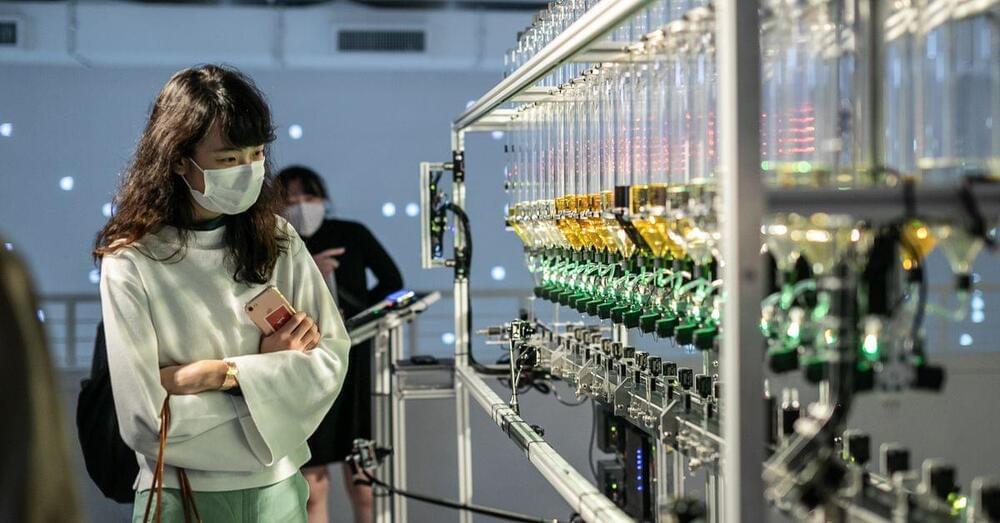The potential for AI to deliver transformative value is almost unlimited. And yet, accessing that value is by no means a given. So how do we crack the code?
As someone who’s been in the business of deploying enterprise-grade AI solutions since the earliest days of AI—from the inside, as a CIO at Verizon, and from the outside, as an advisor to an AI company ASAPP—I know that our job as CIOs is to get transformational value out of transformational technology. And yet as recently as 2,020 McKinsey reported that less than 25 percent of companies are “seeing significant bottom-line impact” from AI.
I believe that there are at least three ways we need to shift our thinking if our organizations are going to mine the full transformational potential of AI:





